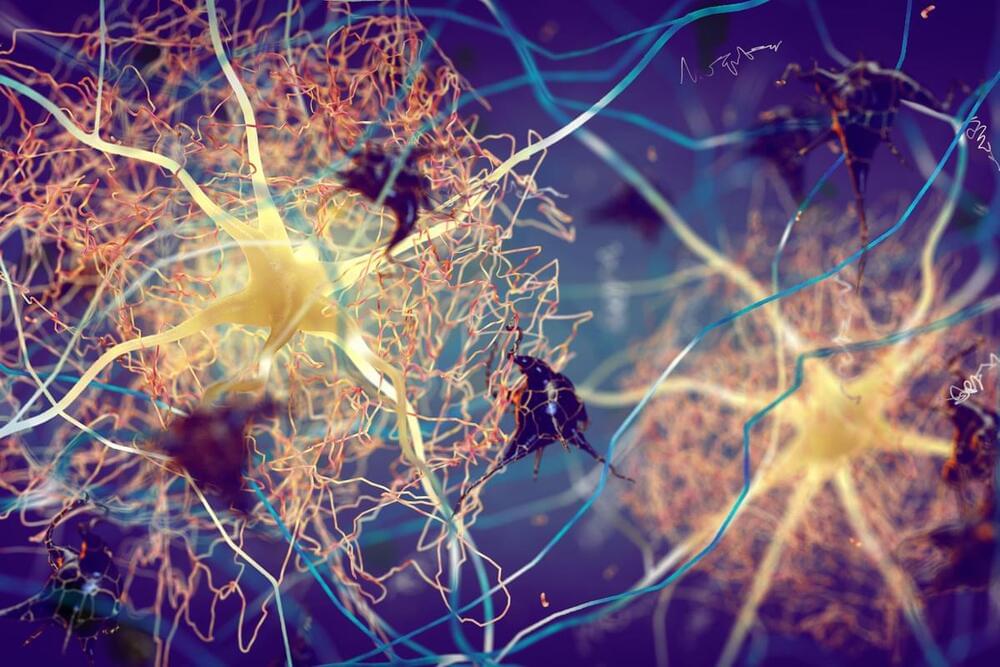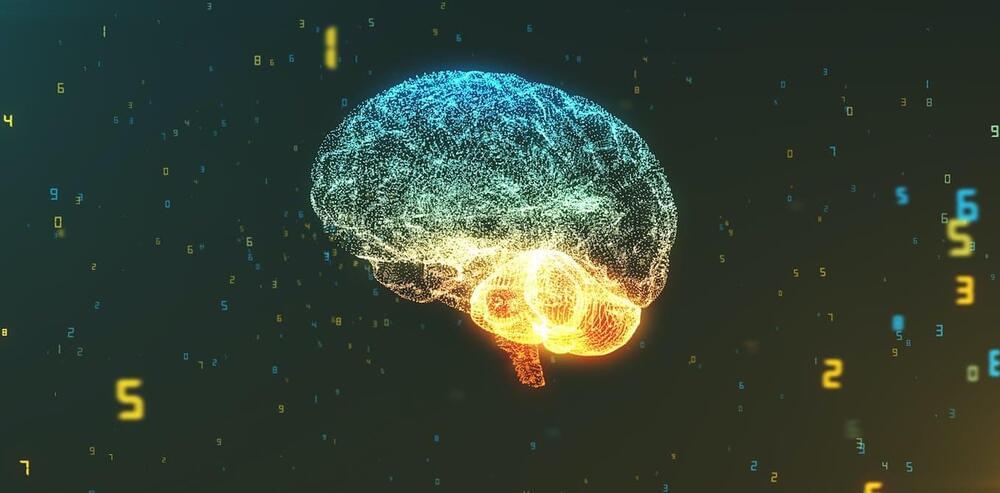The complexity of the brain comes to life in the annual Art of Neuroscience competition.


The complexity of the brain comes to life in the annual Art of Neuroscience competition.

Scattered evidence suggests that aberrant proteins act as “seeds” to transmit neurodegenerative disease, but the jury is still out.

Geoffrey Miller is a professor of evolutionary psychology at the University of New Mexico, a researcher and an author.
Artificial Intelligence possesses the capability to process information thousands of times faster than humans. It’s opened up massive possibilities. But it’s also opened up huge debate about the safety of creating a machine which is more intelligent and powerful than we are. Just how legitimate are the concerns about the future of AI?

In a new study published in Optica, researchers at the University of Colorado Boulder have used doughnut-shaped beams of light to take detailed images of objects too tiny to view with traditional microscopes.
The new technique could help scientists improve the inner workings of a range of “nanoelectronics,” including the miniature semiconductors in computer chips. The discovery was also highlighted in a special issue of Optics & Photonics News.
The research is the latest advance in the field of ptychography, a difficult-to-pronounce (the “p” is silent) but powerful technique for viewing very small things. Unlike traditional microscopes, ptychography tools don’t directly view small objects. Instead, they shine lasers at a target and then measure how the light scatters away—a bit like the microscopic equivalent of making shadow puppets on a wall.


This is the concept behind mind uploading – the idea that we may one day be able to transition a person from their biological body to a synthetic hardware. The idea originated in an intellectual movement called transhumanism and has several key advocates including computer scientist Ray Kurzweil, philosopher Nick Bostrom and neuroscientist Randal Koene.
The transhumanists’ central hope is to transcend the human condition through scientific and technological progress. They believe mind uploading may allow us to live as long as we want (but not necessarily forever). It might even let us improve ourselves, such as by having simulated brains that run faster and more efficiently than biological ones. It’s a techno-optimist’s dream for the future. But does it have any substance?
The feasibility of mind uploading rests on three core assumptions.


The potential impact of generative AI on the economy, society, and work is polarizing, swinging from the positive benefits of a technological revolution to doomsday scenarios. The authors have come to think about this issue as points on a spectrum and have created a sports analogy to help think about it: AI tools can range from steroids, to sneakers, to a coach, each representing a different relationship between human users and the technology. Steroids elevate short-term performance, but leave you worse off in the long term. AI-powered tools can instead be used to augment people’s skills and make them more productive — much like a good running sneaker. On the most desirable end of the spectrum, AI-powered tools can be used like a coach that improves people’s own capabilities. This framework can be used to help conceptualize how we might craft AI-based tools that enhance rather than diminish human capabilities.
Page-utils class= article-utils—vertical hide-for-print data-js-target= page-utils data-id= tag: blogs.harvardbusiness.org, 2007/03/31:999.368607 data-title= A Sports Analogy for Understanding Different Ways to Use AI data-url=/2023/12/a-sports-analogy-for-understanding-different-ways-to-use-ai data-topic= AI and machine learning data-authors= Jake M. Hofman; Daniel G. Goldstein; David M. Rothschild data-content-type= Digital Article data-content-image=/resources/images/article_assets/2023/11/Nov23_22_200404124-001-383x215.jpg data-summary=
Will next-gen tools be used as a steroid, sneaker, or coach?